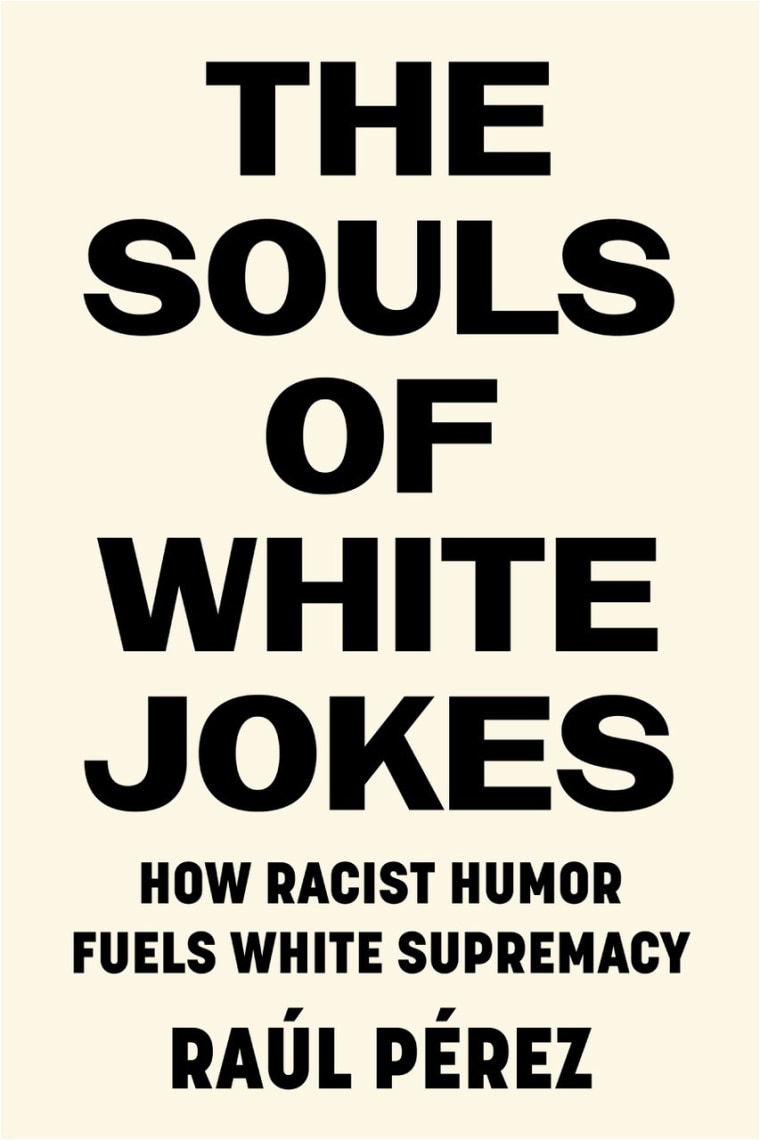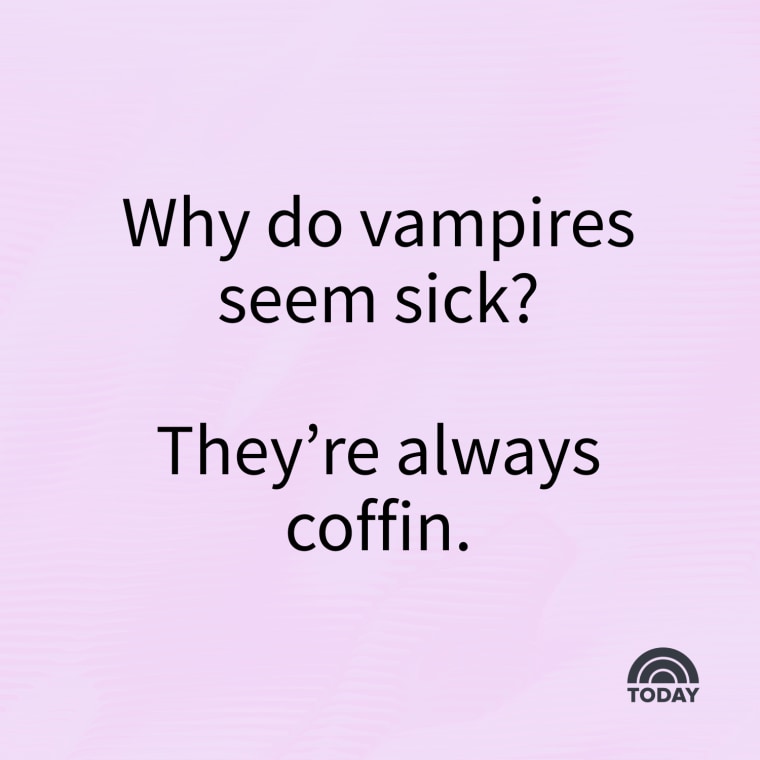Dark Humor And Racist Joke: Navigating The Fine Line Between Offense And Comedy
Let's talk about something that makes people squirm in their seats—dark humor and racist jokes. If you're here, you're either someone who loves pushing boundaries or someone who's genuinely curious about why some people find humor in controversial topics. Either way, we’re diving deep into this sticky subject, so buckle up! Dark humor and racist jokes are like that one friend who says things that make you laugh but also question your friendship. It's complicated, messy, and sometimes downright uncomfortable, but hey, life isn't always sunshine and rainbows, right?
Now, before we get into the nitty-gritty, let's set the scene. Dark humor and racist jokes have been around for centuries, evolving with societal norms and cultural shifts. What was once considered hilarious in the past might now be seen as offensive, and vice versa. It’s a balancing act between freedom of speech and cultural sensitivity. But how do we navigate this tricky terrain without stepping on too many landmines?
Think of dark humor as a spice. A little can add depth and flavor to a conversation, but too much, and it'll burn your palate—or in this case, offend someone. Racist jokes, on the other hand, are like that one dish you're not sure about. Some people might find it appetizing, while others might just throw up their hands in disgust. So, where do we draw the line? Let's explore together, shall we?
What Exactly Is Dark Humor?
Dark humor, my friends, is like the bad boy of comedy. It thrives on taboo subjects, poking fun at things that most people wouldn't dare joke about. Death, illness, war, racism—you name it, dark humor tackles it. But why do people find it funny? It's like scratching an itch you didn’t know you had. Dark humor allows us to confront our fears and anxieties in a way that’s less intimidating. It’s a coping mechanism, a way to make sense of the chaos around us.
But here's the kicker—not everyone gets it. Some people see dark humor as a way to laugh at life’s hardships, while others see it as a form of disrespect. It’s all about perspective, really. And when it comes to dark humor, context is king. The same joke told in one setting might be hilarious, but in another, it could land you in hot water. So, tread carefully!
Understanding Racist Jokes
Racist jokes, on the other hand, are like the elephant in the room. They’re uncomfortable, controversial, and often divisive. At their core, racist jokes play on stereotypes and prejudices, which can perpetuate harmful beliefs. But why do people tell them? Is it because they genuinely believe in the stereotypes, or is it just a way to shock and entertain?
Here’s the thing: racist jokes can have serious consequences. They can reinforce existing biases, create divisions, and even lead to real-world discrimination. But does that mean all racist jokes are bad? Not necessarily. Some comedians use racist jokes as a tool for social commentary, highlighting the absurdity of racism itself. It’s a fine line, and not everyone agrees on where that line should be drawn.
Is Dark Humor Always Offensive?
Not necessarily. Dark humor, when done right, can be a powerful tool for connection and understanding. It allows us to laugh at the things that scare us, to find humor in the face of adversity. But here’s the thing—it’s all about intention. If the goal is to mock or belittle someone, then yeah, it’s probably going to be offensive. But if the goal is to create a shared experience, to bring people together through laughter, then it can be a beautiful thing.
Take, for example, the way comedians like George Carlin or Bill Burr tackle tough subjects. They use dark humor to challenge societal norms and make people think. It’s not always comfortable, but it’s effective. So, the next time you hear a dark joke, ask yourself: what’s the intention behind it? Is it meant to harm, or is it meant to heal?
When Does a Racist Joke Cross the Line?
This is the million-dollar question, isn’t it? When does a racist joke go from being a harmless bit of comedy to something truly hurtful? Well, it depends on a few things. First, there’s the context. A joke told between friends might be received differently than the same joke told in a public setting. Second, there’s the audience. Some people might find it funny, while others might feel deeply offended.
But here’s the thing—just because someone laughs at a joke doesn’t mean they’re not offended. Laughter can be a defense mechanism, a way to deal with discomfort. So, how do we know when a joke has crossed the line? It’s simple—if it perpetuates harmful stereotypes or makes someone feel less than human, then it’s probably not a good idea.
Key Factors to Consider:
- Intention: Is the joke meant to harm or to highlight?
- Context: Where and when is the joke being told?
- Audience: Who’s listening, and how might they react?
- Impact: Does the joke reinforce negative stereotypes?
The Psychology Behind Dark Humor
Why do some people love dark humor while others can’t stand it? Turns out, it’s all about personality. Studies have shown that people who enjoy dark humor tend to be more open-minded, creative, and intelligent. They see the world in shades of gray rather than black and white, and they’re not afraid to confront uncomfortable truths.
But here’s the catch—not everyone is wired the same way. Some people might find dark humor offensive, while others might find it refreshing. It’s all about perspective. And when it comes to dark humor, perspective is everything. So, the next time you hear a dark joke, try to see it from the other person’s point of view. You might just learn something new.
Benefits of Embracing Dark Humor:
- It can help you cope with difficult situations.
- It can foster a sense of community and connection.
- It can challenge societal norms and encourage critical thinking.
Historical Context of Racist Jokes
Racist jokes have been around for centuries, evolving with the times. In the past, they were often used as a tool of oppression, reinforcing harmful stereotypes and justifying discrimination. But as society has become more aware of the impact of racism, the role of racist jokes has shifted. Today, some comedians use them as a way to challenge the status quo, to make people think about the world in a different way.
Take, for example, the work of comedians like Richard Pryor or Dave Chappelle. They use racist jokes not to harm, but to highlight the absurdity of racism itself. It’s a risky move, but one that can pay off in terms of social commentary. So, the next time you hear a racist joke, ask yourself: is it being used to harm, or is it being used to heal?
Key Historical Moments:
- Minstrel shows in the 19th century.
- Jim Crow laws and their impact on comedy.
- The rise of politically correct humor in the 1990s.
Dark Humor in Popular Culture
Dark humor has made its way into popular culture in a big way. From movies like “Dr. Strangelove” to TV shows like “Black Mirror,” dark humor is everywhere. It’s a way for creators to explore complex themes and challenge audience expectations. But here’s the thing—not everyone gets it. Some people might find it too intense, while others might find it refreshing.
Take, for example, the show “BoJack Horseman.” It’s a cartoon about a washed-up actor who happens to be a horse, but it tackles some pretty heavy topics—depression, addiction, and the nature of fame. It’s not your typical feel-good show, but it’s incredibly powerful. So, the next time you watch something with dark humor, ask yourself: what’s the message behind it? Is it just trying to shock, or is it trying to say something deeper?
Examples in Media:
- “Dr. Strangelove”
- “Black Mirror”
- “BoJack Horseman”
Can Dark Humor and Racist Jokes Coexist?
This is the big question, isn’t it? Can dark humor and racist jokes coexist without causing harm? The answer is yes, but it’s not easy. It requires a delicate balance between humor and sensitivity, between pushing boundaries and respecting others. It’s about knowing your audience, understanding the context, and being willing to listen when someone says, “That’s not okay.”
Here’s the thing—humor is subjective. What one person finds funny, another might find offensive. But that doesn’t mean we should stop trying. As long as we approach humor with empathy and understanding, we can create a space where everyone feels respected and valued.
Conclusion
Dark humor and racist jokes are complex subjects that require careful consideration. They can be powerful tools for connection and understanding, but they can also cause harm if not handled properly. It’s all about intention, context, and audience. So, the next time you hear a dark joke or a racist joke, take a moment to think about why it was said and how it might affect others.
And remember, humor is just one part of the equation. It’s important to approach life with empathy and understanding, to be willing to listen and learn from others. So, go out there and make the world a better place—one joke at a time. But hey, if you’re not sure whether a joke is okay to tell, maybe just keep it to yourself. You never know who might be offended, and that’s a risk that’s not worth taking.
Call to Action: Share your thoughts in the comments below. Do you think dark humor and racist jokes can coexist? Or do you think they should be avoided altogether? Let’s start a conversation!
Table of Contents
- What Exactly Is Dark Humor?
- Understanding Racist Jokes
- Is Dark Humor Always Offensive?
- When Does a Racist Joke Cross the Line?
- The Psychology Behind Dark Humor
- Historical Context of Racist Jokes
- Dark Humor in Popular Culture
- Can Dark Humor and Racist Jokes Coexist?
- Conclusion


